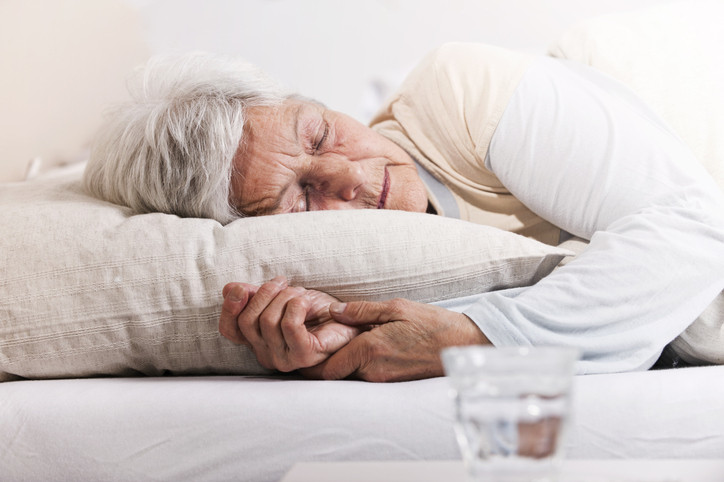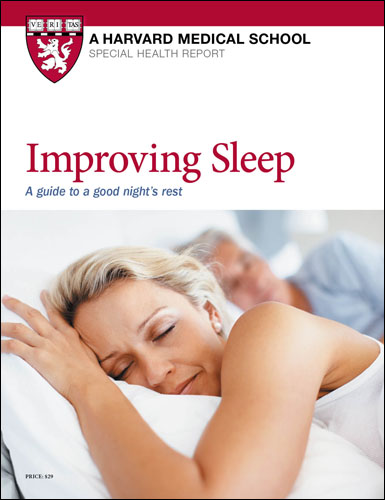How much sleep keeps cognitive decline at bay?
News briefs
Getting too much or too little sleep may hurt your brain and lead to memory and thinking impairment, suggests a study published online Aug. 30, 2021, by JAMA Neurology. Researchers analyzed the brain images, cognitive test results, and self-reported sleep habits of more than 4,400 older men and women around the world. Sleeping six hours or less per night (short sleep) was associated with impaired cognition, mostly in memory, as well as an increase in amyloid-beta — the protein that can form brain plaque (a hallmark of Alzheimer’s disease). Sleeping nine hours or more (long sleep) was also linked to cognitive problems, especially in decision making. And both short and long sleep were associated with higher body mass index (a measurement of body fat), more depressive symptoms, and more napping, compared with people who got seven or eight hours of sleep. The study was observational and can’t prove causation, but the findings echo many other studies that suggest too little — and possibly too much — sleep causes cognitive problems.
Image: vitranc/Getty Images
About the Author

Heidi Godman, Executive Editor, Harvard Health Letter
Disclaimer:
As a service to our readers, Harvard Health Publishing provides access to our library of archived content. Please note the date of last review or update on all articles.
No content on this site, regardless of date, should ever be used as a substitute for direct medical advice from your doctor or other qualified clinician.

















